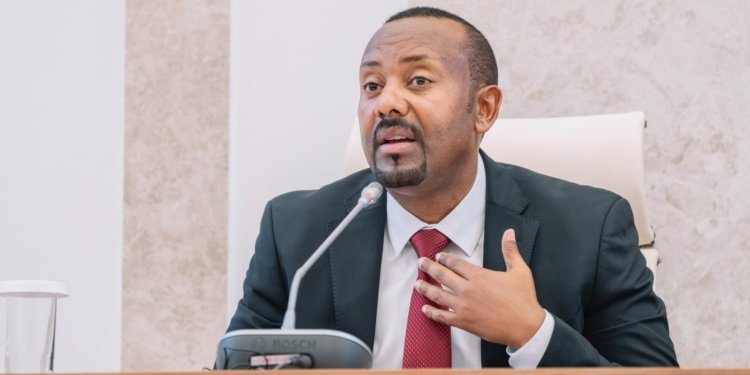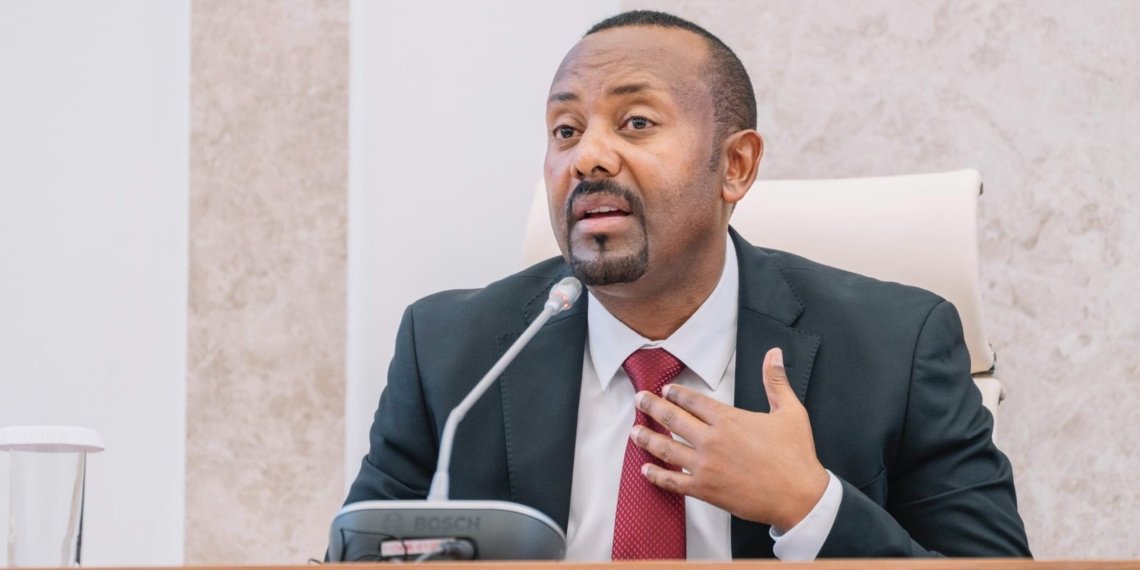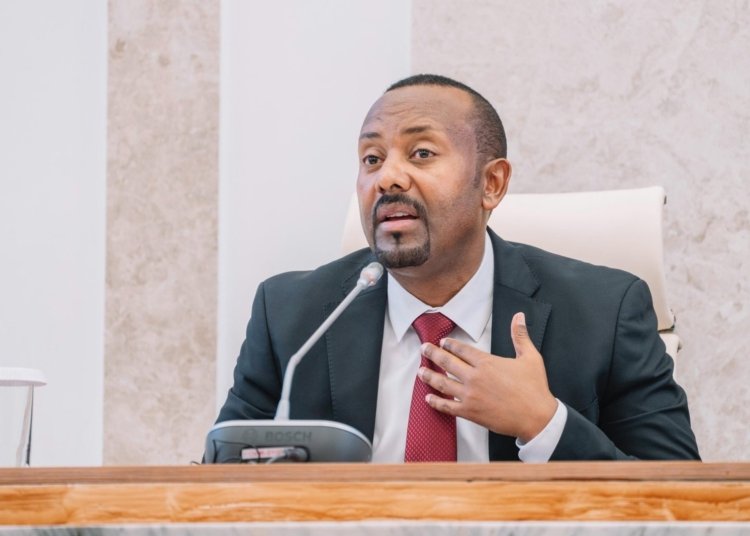Addis Ababa – Ethiopia earned more than $8.1 billion in export revenue this year, surpassing its target by $3 billion and more than doubling last year’s performance, Prime Minister Abiy Ahmed told lawmakers on Thursday.
“This remarkable growth is a direct result of the ongoing export reform efforts,” Abiy said in remarks to the House of People’s Representatives.
He noted that the country received $7 billion in remittances, $4 billion in foreign direct investment, and $8.3 billion from services.
“Altogether, Ethiopia generated $24 billion from foreign exchange sources excluding loans and grants,” he said. “This year’s total foreign exchange earnings have reached $32 billion.”
Abiy said the reforms were rooted in a system-wide approach that emphasized sustainable finance and responsible economic management.
“Over the past seven years, no new commercial loans have been taken,” he said. “This demonstrates a strong commitment to responsible borrowing and sustainable fiscal policy.”
A key development, he said, was the final debt restructuring agreement signed in France this week by the Ministry of Finance.
Abiy said, through this agreement, $3.5 billion in loans, borrowed by previous governments, has been canceled, significantly reducing Ethiopia’s debt burden.
Efforts to control inflation have also shaped the government’s approach. “The government’s decision to conclude the year without borrowing from the National Bank has played a significant role in curbing inflation,” he said.
To protect low-income communities, the government allocated significant funds to direct support. According to the prime minister, 350 billion birr ($2.49 billion) “has been allocated in subsidies, ensuring that inflation does not place undue pressure on low-income citizens.”
Abiy described increased productivity as the long-term solution. “The most sustainable solution to reducing the cost of living and inflation is increasing productivity,” he said. “Inflation can only be effectively managed when incomes rise alongside demand.”
He closed his remarks with a message of optimism. “The path forward requires unity, resilience, and collective effort to overcome economic challenges,” Abiy said.
“These outcomes clearly reflect the positive impact of the country’s macroeconomic reforms and the growing resilience of Ethiopia’s economy.”


























